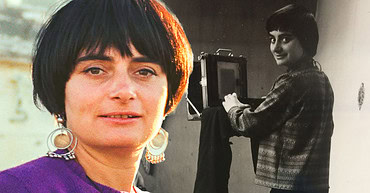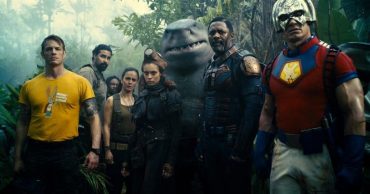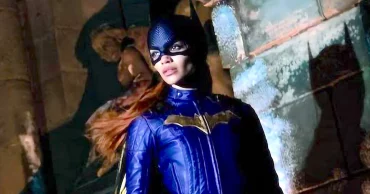The Mission: Impossible franchise is one of modern cinema’s most enduring, highest-grossing, high-octane film series. Led by Tom Cruise, who plays the iconic Ethan Hunt, the franchise has grossed over $4 billion at the Box Office. Known for its globe-trotting espionage plots and elaborate stunt work, Mission: Impossible has attracted some of Hollywood’s most respected filmmakers. Yet, despite the franchise’s prestige and Box Office success, several filmmakers have walked away from the project.
Directors often find themselves navigating a unique power structure. Undeniably, Tom Cruise, the star of the franchise and hands-on producer, has always had a strong vision for the franchise’s direction. While some directors, notably Christopher McQuarrie, have thrived under this dynamic, others have struggled to align their storytelling style with the franchise and its leading man’s expectations. Here’s a look at some notable filmmakers who left a Mission: Impossible project, and the reasons behind their decisions.
Oliver Stone Walked Away From Mission: Impossible II
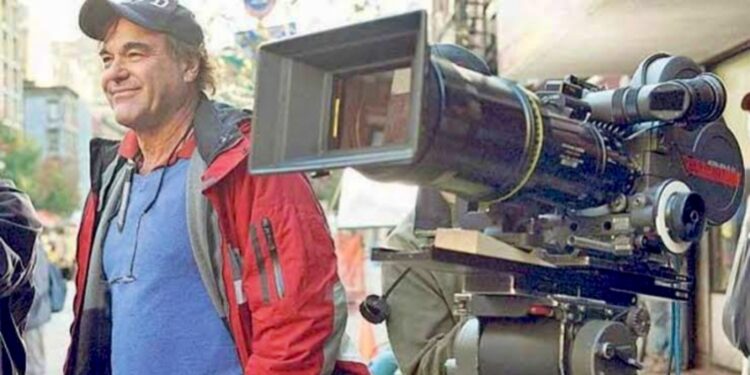
Understandably, after the first film’s success, a lot was at stake to ensure its sequel, Mission: Impossible II, followed in the same path. While it was never confirmed at the time, it was rumored that Tom Cruise and director Brian De Palma didn’t get along during the first film’s production. It became obvious when Palma pulled out from the scheduled media interviews at the last minute. With Palma refusing to return for the sequel, Cruise and producers decided to find a new director. The idea at the time was to hire a new director for each installment to bring a new perspective and direction to each film.
Academy Award-winning director Oliver Stone was the first filmmaker attached to the project. At the time, the multi-talented director and screenwriter was known for his Oscar-nominated films, including Midnight Express (1978), Platoon (1986), Salvador (1986), Born on the Fourth of July (1989), JFK (1991), and Nixon (1995). Besides, he had worked with Tom Cruise before in Born on the Fourth of July. Oliver Stone was reportedly committed to the project initially, having written a script for it. With his script and story direction turned down, Oliver Stone eventually left the project. With Cruise filming the 1999 Eyes Wide Shut, scheduling conflicts meant he couldn’t commit to Mission: Impossible II. All these contributed to Oliver Stone leaving the project.
David Fincher Walked Away From Mission: Impossible III
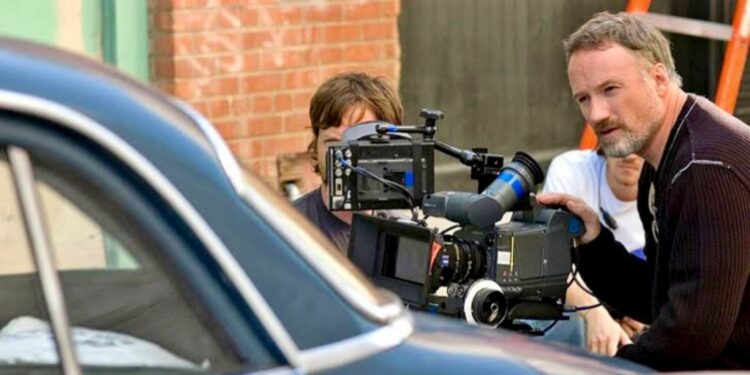
Although it has a higher budget than the first film, the John Woo-directed Mission: Impossible II outgrossed its predecessor with over $80 million. In line with the plan of hiring a new director for each installment, American filmmaker David Fincher was hired to helm the third installment, Mission: Impossible III. At this point, Mission: Impossible had already proven itself as a successful franchise. Ideally, this would make everyone involved seek to have an opinion. Producers felt David Fincher’s direction for the new movie would steer the franchise away from its established course.
Ultimately, David Fincher walked away from Mission: Impossible III to work on another project. In an interview, Fincher gave an insight into the behind-the-scenes creative dispute. According to the filmmaker, “I think the problem with third movies is the people who are financing them are experts on how they should be made and what they should be. At that point, when you own a franchise like that, you want to get rid of any extraneous opinions.” Interestingly, when David Fincher was still attached to the project, he intended to cast Sylvester Stallone as Mission: Impossible III’s villain.
Joe Carnahan Left Mission: Impossible III
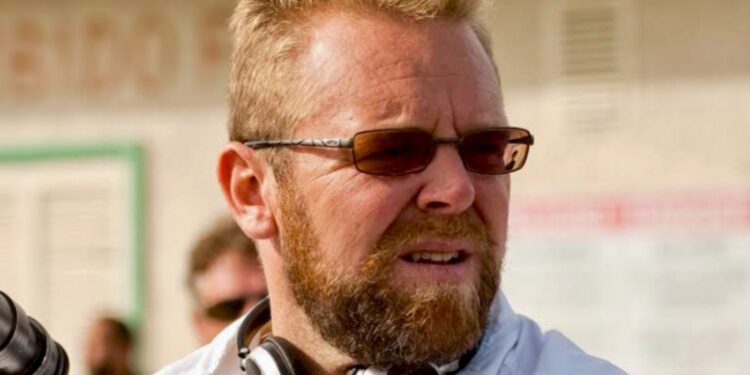
After David Fincher walked away, Joe Carnahan was immediately hired as his replacement. At the time, Carnahan’s Narc (2002) had put him in the spotlight. Carnahan spent 15 months attached to the project, and as a screenwriter, also worked on the script. However, like David Fincher, Carnahan quit the project over creative differences. Unlike Fincher, Carnahan’s filmmaking career was still in its infancy. The director believed that walking away from a franchise like Mission: Impossible would ultimately end his career in Hollywood. While a bit dramatic, Carnahan decided to film the moment he quit as a souvenir for his filmmaking career.
Interestingly, Joe Carnahan directed the star-studded action thriller Smokin’ Aces after leaving the project. While not as successful as Mission: Impossible III, it was a pivotal project that solidified his career in Hollywood. J. J. Abrams was eventually hired to direct Mission: Impossible III. While Carnahan was still attached to the Mission: Impossible film, Kenneth Branagh, Scarlett Johansson, and Carrie-Anne Moss were cast in various roles. All three left the project because of production delays, particularly because Abrams was still contractually bound to producing his TV series, Alias and Lost.
Edgar Wright Walked Away From Mission: Impossible – Ghost Protocol
Unlike the other directors, Edgar Wright never accepted the role of director, although he was approached. As such, not many people know the English filmmaker was ever offered the role. Wright, famous for his 2004 zombie comedy Shaun of the Dead, declined the offer, citing timing issues and a desire to avoid potentially “harming” the franchise. In the Happy Sad Confused podcast, Wright further expressed that he felt no regret for walking away from Mission: Impossible – Ghost Protocol, as Brad Bird’s direction of the film was excellent!
Read Next: Complete Guide to Mission: Impossible Movie Series
 Follow Us
Follow Us


